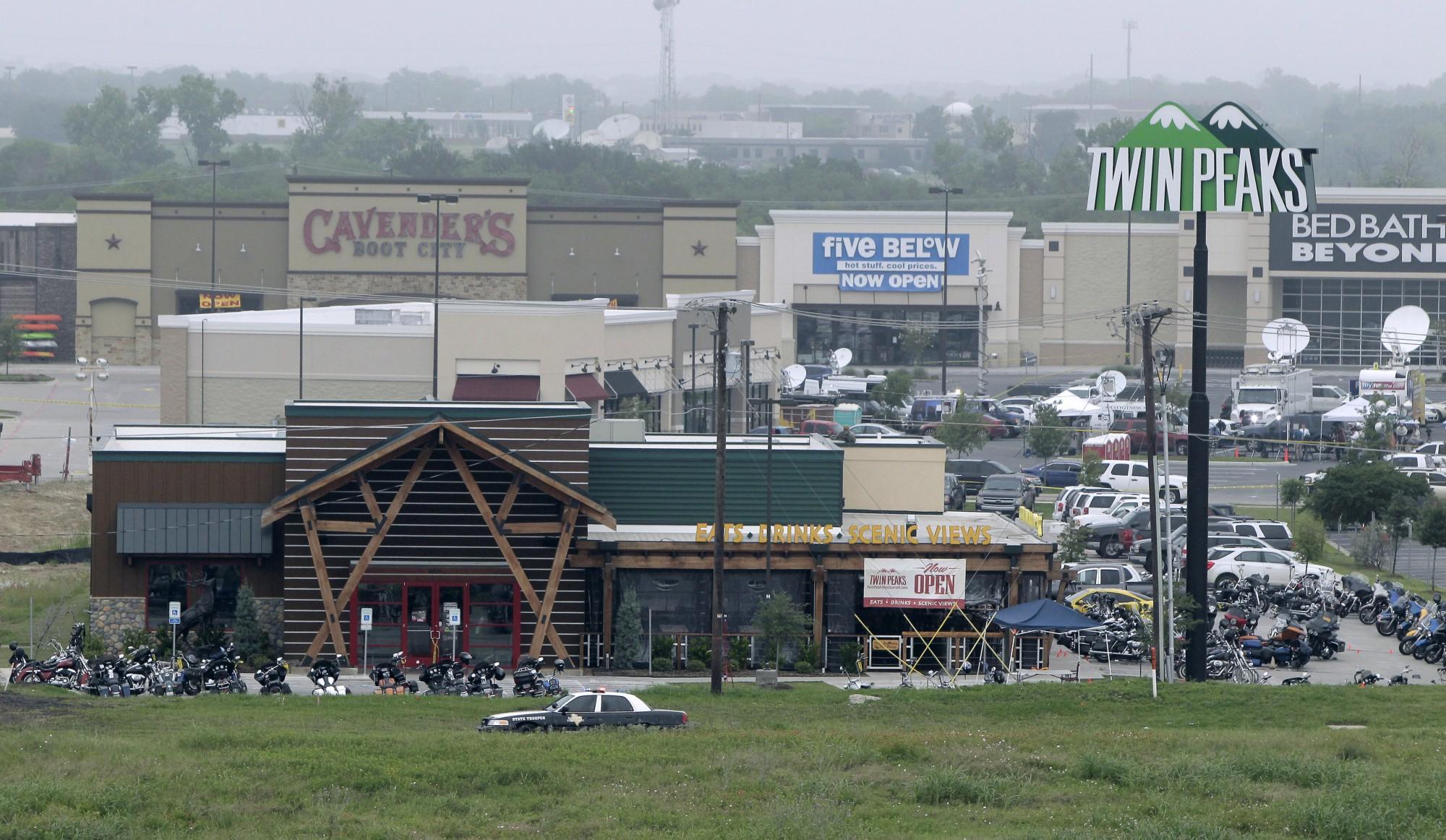DA’s Loss in Texas Primary Pinned to Prosecutorial Misconduct in Biker Shootout Case
Half the challengers to Texas’s sitting district attorneys were successful earlier this month in what criminal justice reformers are calling a promising sign that their message is working. Seven out of 13 incumbent DAs, a mix of Democrats and Republicans, lost their primaries. The Texas District and County Attorneys Association (TDCAA) argues this turnover reflects typical political fluctuations rather than […]

Half the challengers to Texas’s sitting district attorneys were successful earlier this month in what criminal justice reformers are calling a promising sign that their message is working. Seven out of 13 incumbent DAs, a mix of Democrats and Republicans, lost their primaries. The Texas District and County Attorneys Association (TDCAA) argues this turnover reflects typical political fluctuations rather than reform momentum. But one particular loss Tuesday night indicates that people may be paying more attention to abuses in the courthouse.
Texans voted to oust incumbent McLennan County DA Abel Reyna after eight years. The loss seems connected to Reyna’s mishandling of a high-profile Waco biker shootout in 2015.
Barry Johnson, who beat Reyna in the Republican primary, made the bungled prosecution of more than a hundred bikers a central issue of his campaign. The years since the shootout, he argued, have been marked by misconduct, suppressed evidence, and overreach.
According to the official story, two rival motorcycle gangs got into a turf war outside a local Twin Peaks restaurant, and then turned their guns on police officers who tried to intervene. Nine of the bikers were killed in the shootout and 20 more were wounded. But investigative reporters have cast doubt on this narrative, suggesting instead that police overreacted to a small skirmish and escalated the fight. Police were responsible for at least four of the nine deaths, according to evidence obtained by the Associated Press.
Police arrested 177 people at the restaurant, including some who were hiding in the bathroom during the fight and three bikers who arrived after the shooting was over. A federal lawsuit later alleged that Reyna had ordered the mass arrests and prepared a “cookie-cutter” affidavit regardless of the evidence against individual bikers. A justice of the peace set bail at $1 million for every single arrestee “to send a message,” in his words. Many were stuck in jail for weeks without a lawyer.
Reyna’s office ultimately pursued charges against more than 150 bikers under the argument that even individuals who weren’t involved in the fight were guilty by their attendance alone. More than 100 bikers have since sued Waco for wrongful arrest. Their cases could cost the city more than a billion dollars.
Prosecutors were caught repeatedly withholding evidence during the first and, thus far, only biker trial. A Texas Ranger relayed that Reyna had specifically instructed him to keep evidence away from the defense team.
“At one point in the trial, [the defense attorney’s] discoveries of withheld evidence had become so regular that [the judge] ordered Reyna to instruct his prosecutors and all law enforcement agencies involved in the Twin Peaks investigation to go back and search their files to make sure all materials had been disclosed to the defense as required by law,” the Waco Tribune reported.
That trial ended with a deadlocked jury in November. Since then, Reyna has dismissed more than 50 biker cases and recused his office from another to avoid a disqualification hearing. The bikers’ defense attorneys subpoenaed several of Reyna’s employees and a retired police detective to testify about the DA’s misconduct and corruption.
Reyna’s ousting is all the more remarkable given how rarely prosecutors face any kind of consequences for misconduct. But the Waco biker shootout was unusual in two important ways. While the vast majority of gang prosecutions target black, Latino, and Asian defendants, the Waco bikers are predominantly white. Hundreds of other white bikers came from all over the country to protest their treatment. The media attention to the shootout itself also helped draw top defense attorneys and resources to the bikers’ cause. The bikers’ attorneys were able to challenge Reyna’s office every step of the way and devote resources to uncovering evidence of misconduct.
In comparison, most Texas defendants’ access to quality attorneys is spotty at best. The state relies on counties to provide funding for indigent defense, and many counties charge poor defendants for the service. Waco has even sent detectives to indigent defendants’ houses to verify they were poor enough to ask for a court-appointed lawyer, effectively intimidating some into waiving their right to an attorney. Thanks to this system, prosecutors’ violations largely go unnoticed and unchecked.
Tough-on-crime campaigning is far from obsolete, but it’s no longer the guaranteed win it once was. Despite his highly publicized missteps, Reyna’s re-election campaign focused on the strength of his biker prosecutions. He even used footage from the shootout in political ads on TV and social media, landing him in front of a judge the eve of Election Day for violating a gag order.
“The way you have handled this case is absolutely shameful and misleading to the citizens of this county,” Visiting Judge Doug Shaver told Reyna in court. “I know the election is tomorrow, and we can’t do anything about it up to this point. But you should be ashamed of yourself.”
